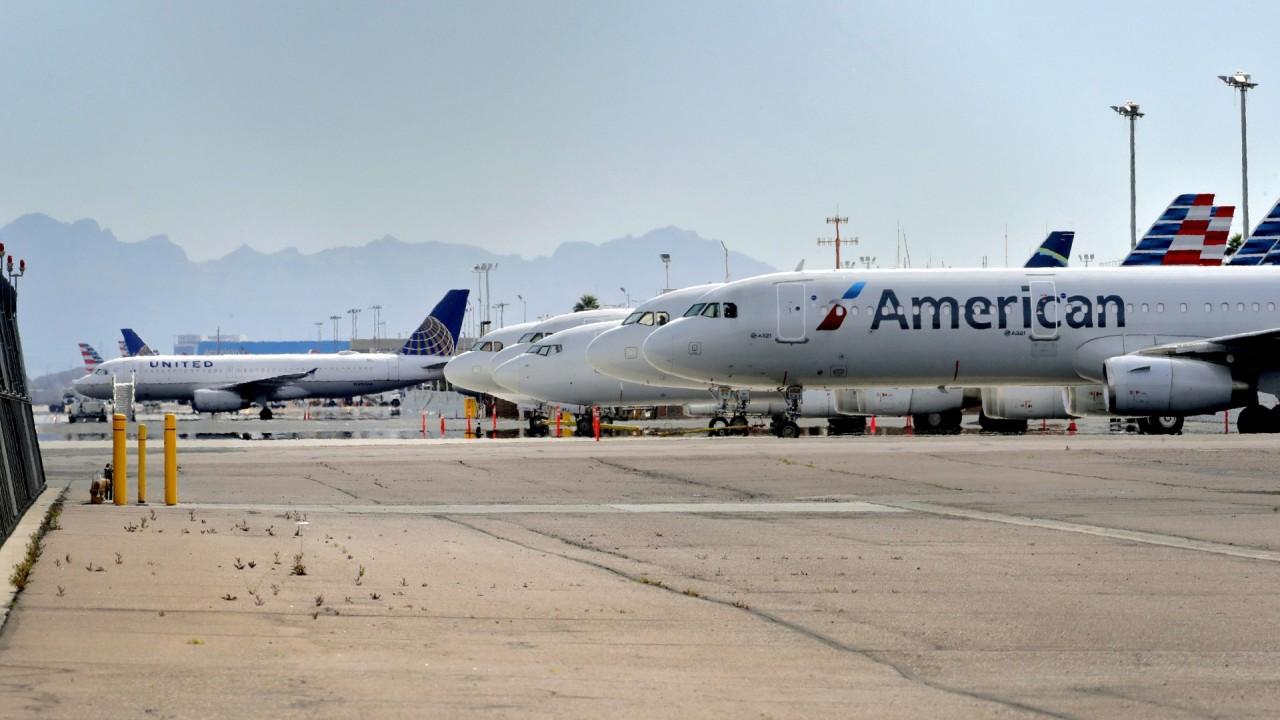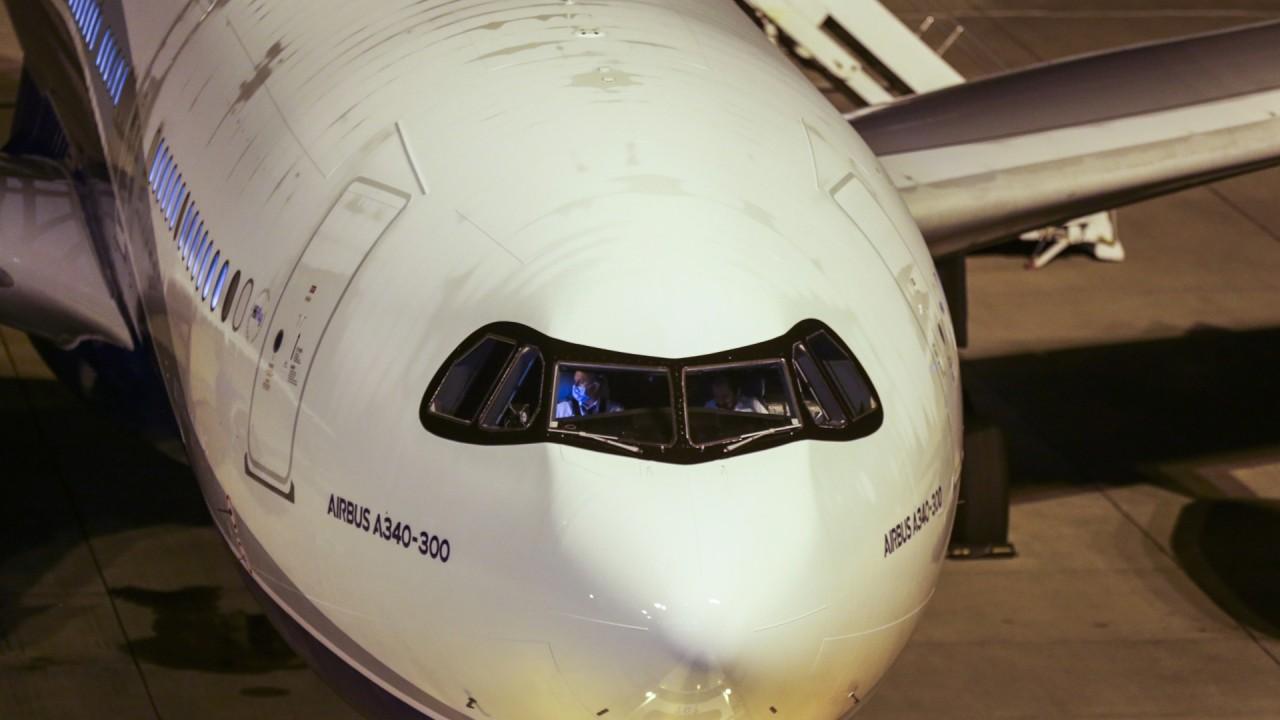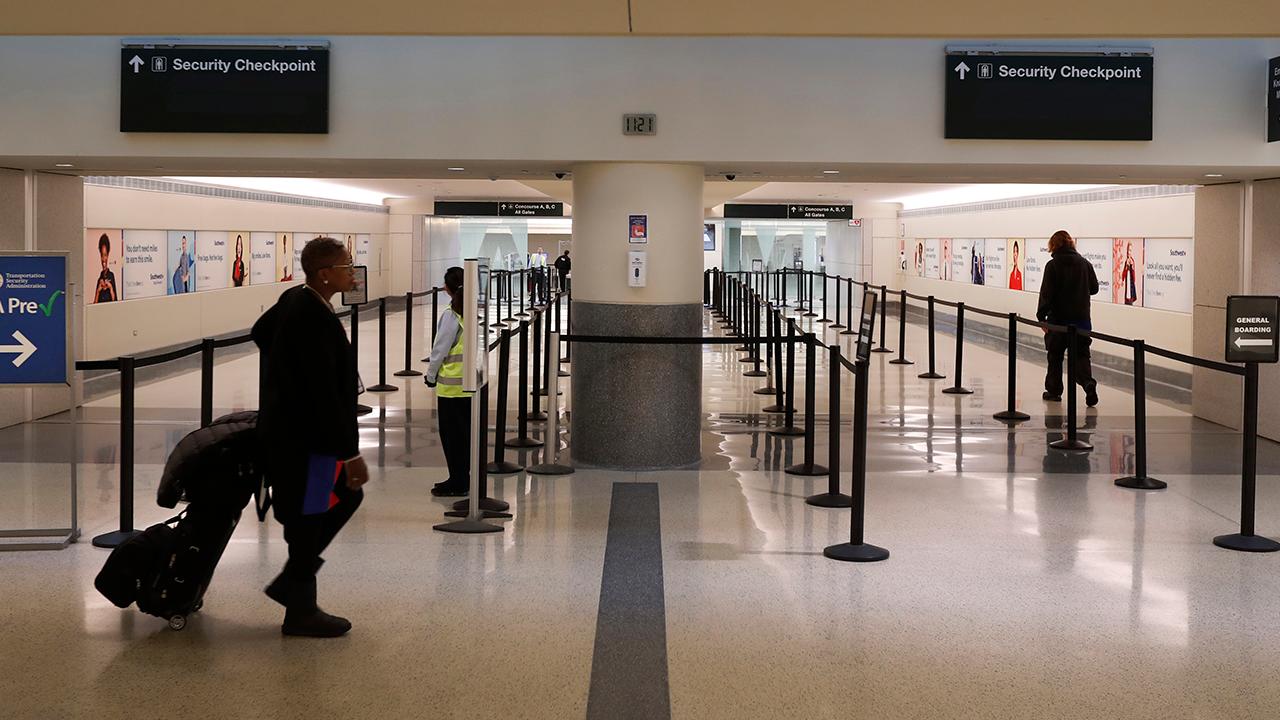Is your coronavirus-canceled flight eligible for a refund? Here’s what to know
There are some things to keep in mind when looking for a refund
Get all the latest news on coronavirus and more delivered daily to your inbox. Sign up here.
Flights are being canceled and changed frequently because of the novel coronavirus and while many travelers are expecting refunds, there are some things to know about whether your particular flight is eligible or not.
Earlier this month, the U.S. Department of Transportation published an enforcement notice saying that airlines still owe passengers refunds if flights were canceled or significantly delayed.
IS CORONAVIRUS COVERED BY TRAVEL INSURANCE?
“Although the COVID-19 public health emergency has had an unprecedented impact on air travel, the airlines’ obligation to refund passengers for canceled or significantly delayed flights remains unchanged,” the enforcement notice said.
However, that doesn’t mean there aren’t nuances, according to a report from Travel and Leisure.
Here’s what you need to know about whether or not your flight is eligible for a refund, according to the travel magazine.
Specific policies vary by airline
Each airline has its own cancellation and delay policies, so it’s key to know what your specific airline says about refunds.
CORONAVIRUS CANCELLATIONS: HOW TO GET REFUNDS
For example, airlines all have different policies for what constitutes a “significant” time change, Travel and Leisure reported.
“For tickets booked before a few days ago, your new flight needed to change by six hours on United, but by just 90 minutes on Delta and 60 minutes on American, to get a full refund," Seth Kaplan, a New York-based airline expert, previously told FOX Business. "In other words, Delta and American are much more flexible in this regard than United. They are, however, making the requirements somewhat stricter for new bookings starting now."
| Ticker | Security | Last | Change | Change % |
|---|---|---|---|---|
| UAL | UNITED AIRLINES HOLDINGS INC. | 115.91 | +9.82 | +9.26% |
| DAL | DELTA AIR LINES INC. | 75.30 | +5.53 | +7.93% |
| AAL | AMERICAN AIRLINES GROUP INC. | 15.24 | +1.08 | +7.63% |
However, for cancelations, you should still receive a refund if “there’s a U.S. city involved,” Rob Karp, CEO and founder of travel agency MilesAhead told Travel and Leisure.
"The airlines weren't all honoring that and now they're starting to, but the international airlines are being tough,” Karp said.
Where you bought your ticket makes a difference
According to Travel and Leisure, if you bought your flight through a smaller airline that partners with a major carrier, there could be some issues. In that case, the smaller airline would be responsible for the refund, not the major carrier.
“Smaller airlines may not be as accommodating as the major carriers they work with,” the magazine reported.
GET FOX BUSINESS ON THE GO BY CLICKING HERE
One way to find out who is responsible for the refund is to check the ticket stock number, according to Travel and Leisure.
If you bought your flights through a travel agent or a budget website, you should contact them first, the magazine reported.
Wait before you cancel your ticket too far in advance … unless your flight is within 72 hours
If you’re thinking about canceling a flight that’s in a few months, it could be better to wait for the airline to cancel or extend its timeframe for rebooking flights.
“If an airline cancels a flight now that’s scheduled for a few weeks from now, you might get the option for a full refund, rather than just a travel credit,” Kaplan said. “So there’s no benefit to canceling weeks or months in advance.”
According to Travel and Leisure, you could also get flight vouchers or credits if you wait it out.
Ultimately, the magazine reported that you should call to check on the status of your flight if it takes off in under 72 hours.






















